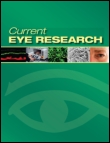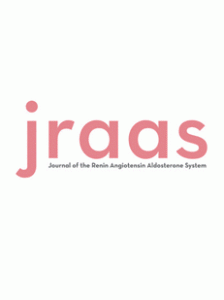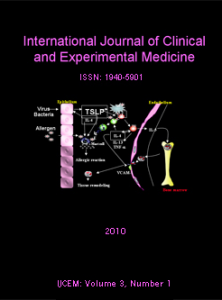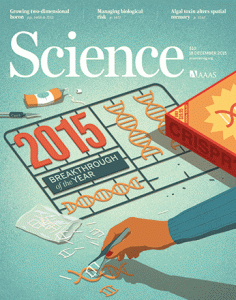 A JAMA study on an inexpensive treatment for osteoporosis has been retracted because the first author falsified or fabricated data. We’ve been expecting this one: An investigation at Women’s College Hospital in Toronto, the bone researcher’s former workplace, had already revealed issues with the paper.
A JAMA study on an inexpensive treatment for osteoporosis has been retracted because the first author falsified or fabricated data. We’ve been expecting this one: An investigation at Women’s College Hospital in Toronto, the bone researcher’s former workplace, had already revealed issues with the paper.
An internal memo sent to staff (available in full here) in October explained that the investigation had found “unequivocal evidence of systematic data manipulation” by Sophie Jamal, who had already resigned from her positions at WCH and the University of Toronto.
The study appeared to show that nitroglycerin ointment could have a small positive effect on bone mineral density in postmenopausal patients. It’s been cited 30 times, according to Thomson Scientific’s web of Knowledge. (That’s two more times than when we last reported on the paper: It was cited once by the investigation, and once by a paper that was published earlier in October, but had not yet been indexed.)
Here’s the retraction note for “Effect of Nitroglycerin Ointment on Bone Density and Strength in Postmenopausal Women: A Randomized Trial:”
Continue reading JAMA retracts osteoporosis paper with manipulated data







